Fr. Chetan Machado's mission among young people: Challenging the "failure of values system" (Photo)
The priest is the new executive secretary of the Youth Office of the Indian Bishops' Conference. He had been set to join the Armed Forces of India, "but the Lord called me to be a priest through a friend of mine, who then got married". Young people "bring newness, creativity and vitality. They rivitalise the Church and the country”. The Church must "encourage vocations and the study of theology".
New Delhi (AsiaNews) - A challenge to the "failure of the values system", to show that those who say "that young people are not religious or do not go to church" are wrong: This is the mission of Fr. Chetan Machado, appointed executive secretary of the Office for Youth of the Indian Bishops' Conference (CBCI) at the end of September. In the month that Pope Francis dedicated to the renewal of our baptismal promises, he tells AsiaNews about his vocation and mission, "a dream come true" because since he was a boy he worked in the youth ministry of his parish in the State of Karnataka.
Fr. Chetan, 42, is a native of Udupi. As a child he attended a Don Bosco school, then went on to high school and university at St. Mary's College in Shirva. The call to the priesthood arrived at an unexpected moment. "It was 1995 - he remembers - and I was waiting for the results of my degree in economics. In the meantime I was preparing to enter the armed forces, after having attended the National Cadet Corps for seven years and took part in more than 15 campaigns [of exercises]. I had to leave for training in Secunderabad. One day a friend came to see me and offered to go with him on a mission to northern India. "
So the two decided to enter the seminary in Calcutta, where Fr. Chetan knew a priest. Then, however, one day in the Mangalore diocesean see they met the then Archbishop of Delhi, Msgr. Alan Basil de Lastic, who proposed that he join his diocese. "By now - he says - it was late to register for the Mumbai seminary, so we were sent to the Jalandhar seminary to study philosophy". In the end, his friend got married and he became a priest. "The Lord's plans - he underlines - are truly unique".
The priest was ordained in 2006; then for two years he served the church of St. Alphonsa of Vasant Kunj (Delhi) as assistant parish priest, and from 2007 to 2010 the cathedral of the Sacred Heart, home of the archdiocese of Delhi. Meanwhile, he began with youth ministry. "Before entering the seminary, I was president of the Indian Catholic Youth Movement (Icym) in my parish. I was the animator of the young people and I continued even after ordination, during my service to the two parishes ”. Later he was appointed diocesan director of youth; then regional secretary of the youth group; national chaplain of the Young Catholic Students / Young Students Movement (Ycs / Ysm) India; finally in 2017, before his current appointment, he was chosen as secretary of the National Commission for Youth of the Conference of Latin Rite Bishops (one of the three branches of the Indian Catholic Church).
In all, "I have been involved in pastoral care for 12 years". In his experience, he noted that "today young people face different challenges. One of the most urgent is the "failure of values". The media wreaks havoc in their lives. Religion has been set aside and relationships have lost meaning. Despite the fact that the young people represent a great resource for the country and the community, they are still not given proper attention. Although recently, through the Synod on Youth the Church has taken steps forward to give them a leading role, they continue to believe that they do not receive what is their due ”.
For the Church, highlights Fr. Chetan, "Young people are a huge asset. We cannot settle a value upon them because they are invaluable. They bring novelty, creativity and vitality. They make the Church and the country lively ”. In India, he continues, "there is a growing concern that young people are not religious or do not go to church. I do not agree. They want to have an experience of God and have their own ways to understand God. Traditional ways may not attract them, yet they still have a strong bond with the Lord. It is evident when we organize events in which they can talk and discuss: there they ask so many questions about how they can get closer to God".
The most immediate way "to witness to the Gospel is to be a priest among them. Other ways are to create opportunities to meet them, at Mass, the study of the Gospel, lessons about the Bible and society. " In conclusion, the Church "has a fundamental role in supporting young people and their vocations. Even if at the top there are efforts in this direction, the same cannot be said at the local level. Rather than through rules and principles, the Church must create systems to help them understand Jesus. They must know Jesus, not the rules. Just as Pope Francis states that the Church must not be rigid, we too cannot apply old principles that are obsolete. We must take care of the children, understand them and allow them to behave freely. The Church must think more about the programs for their formation and allocate funds for their studies, above all by encouraging them in the study of theology ".
(Photo credit: Fr. Chetan Machado, Percival Holt)
01/10/2019 12:05





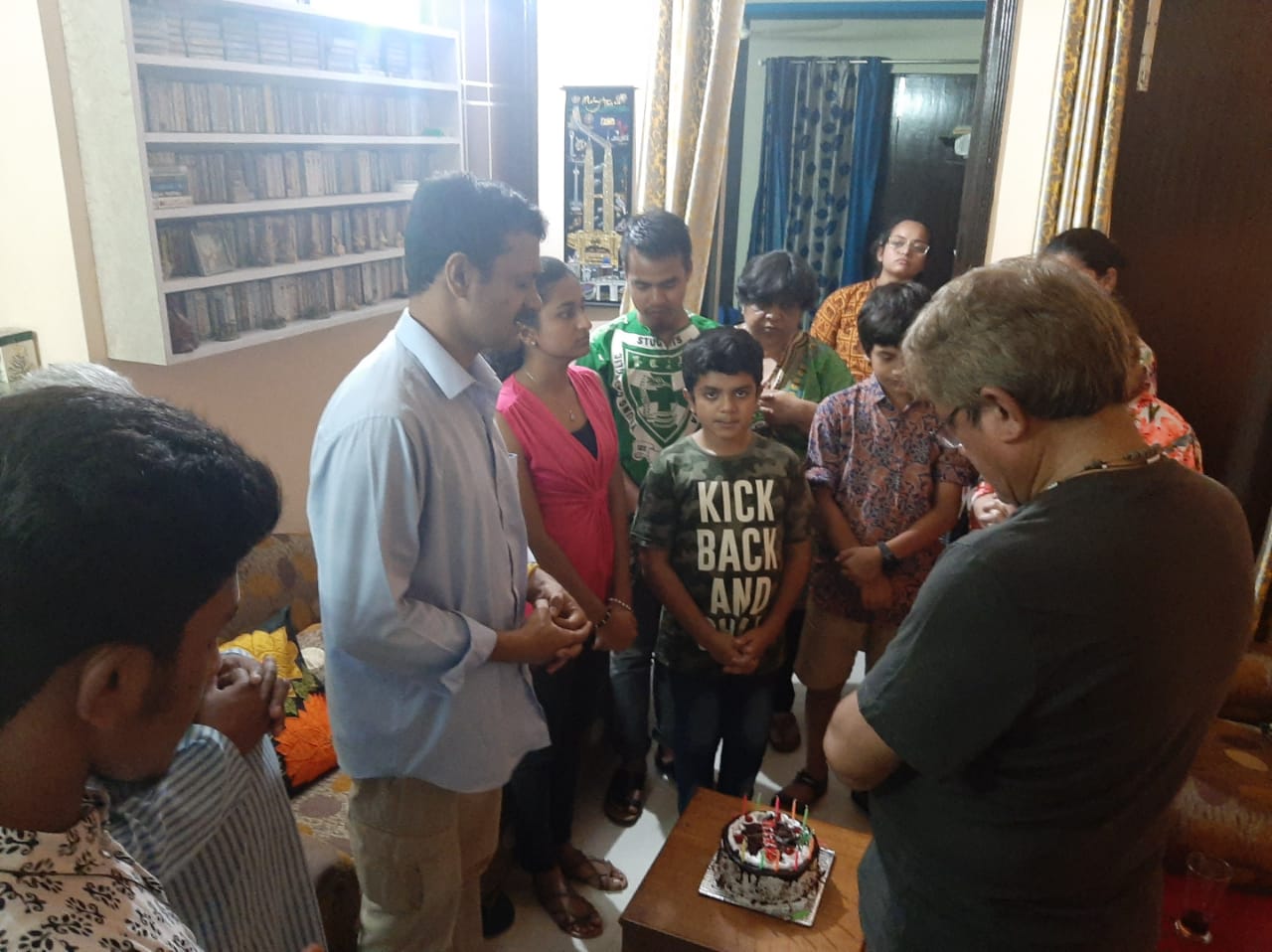
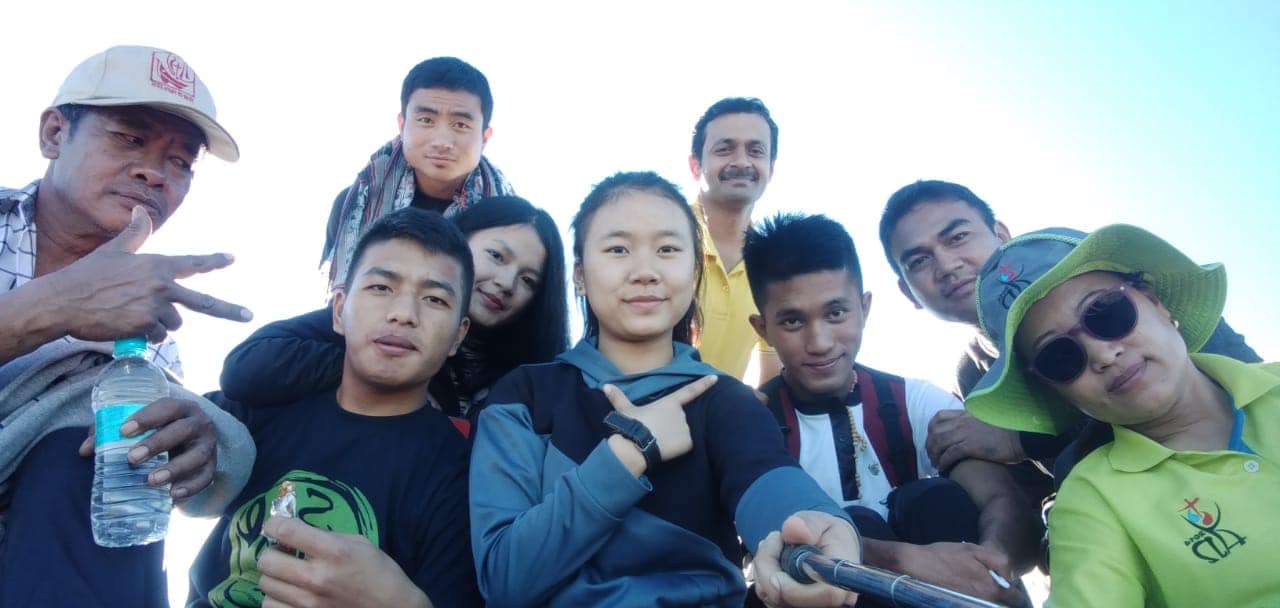
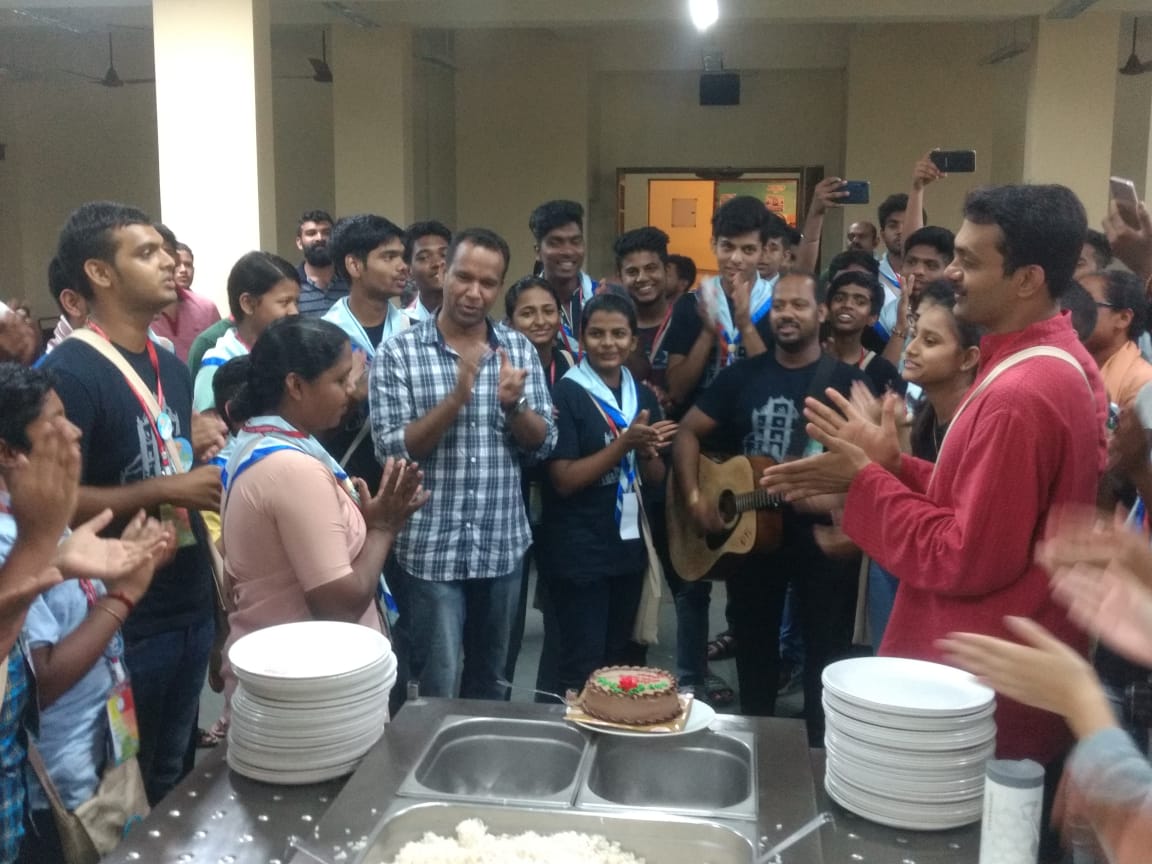
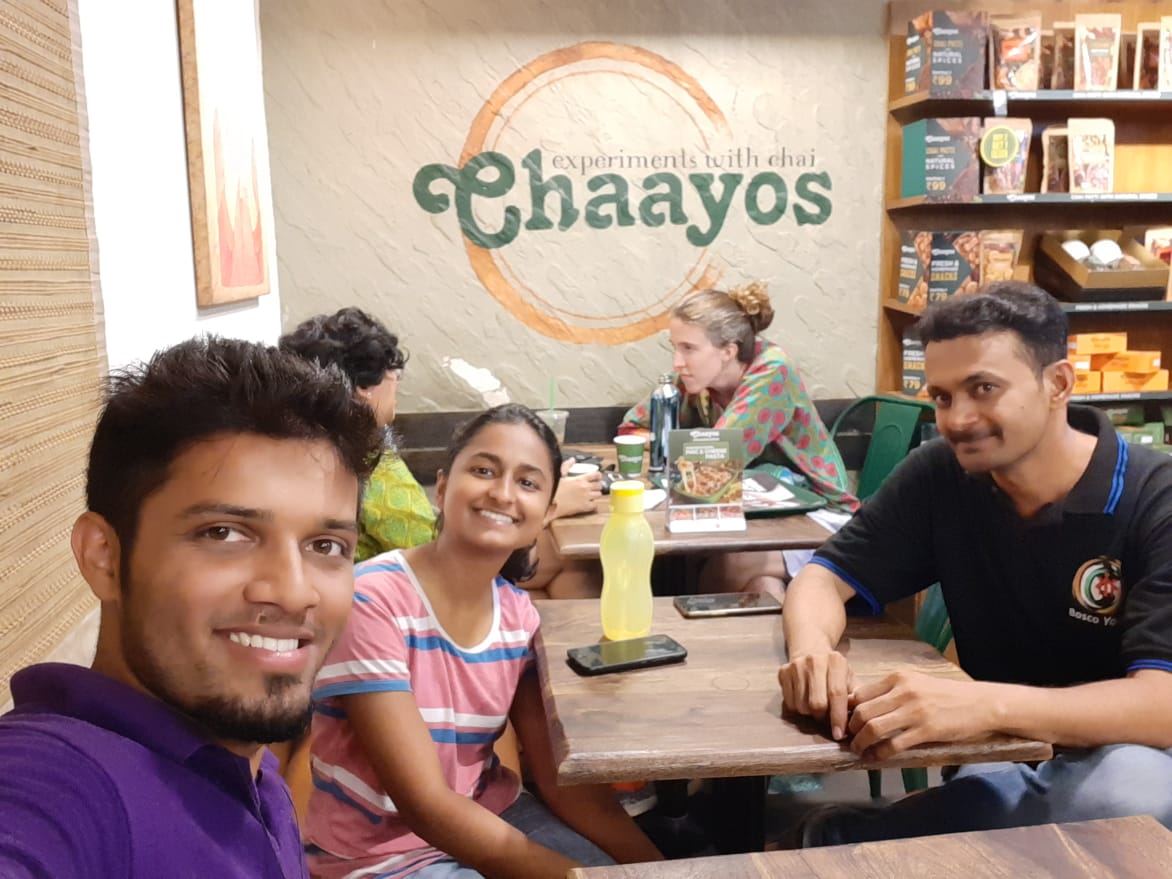
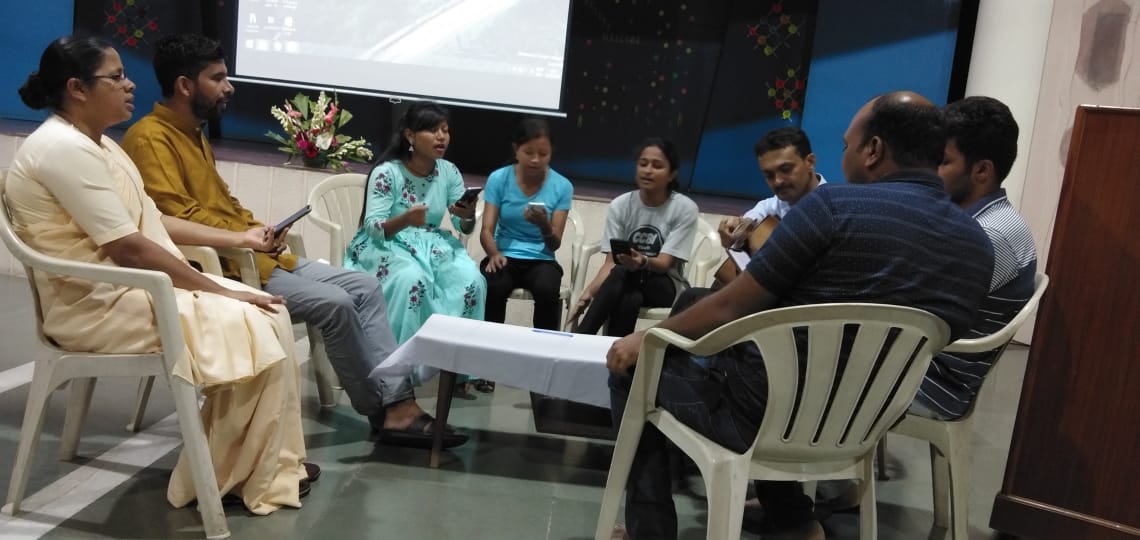
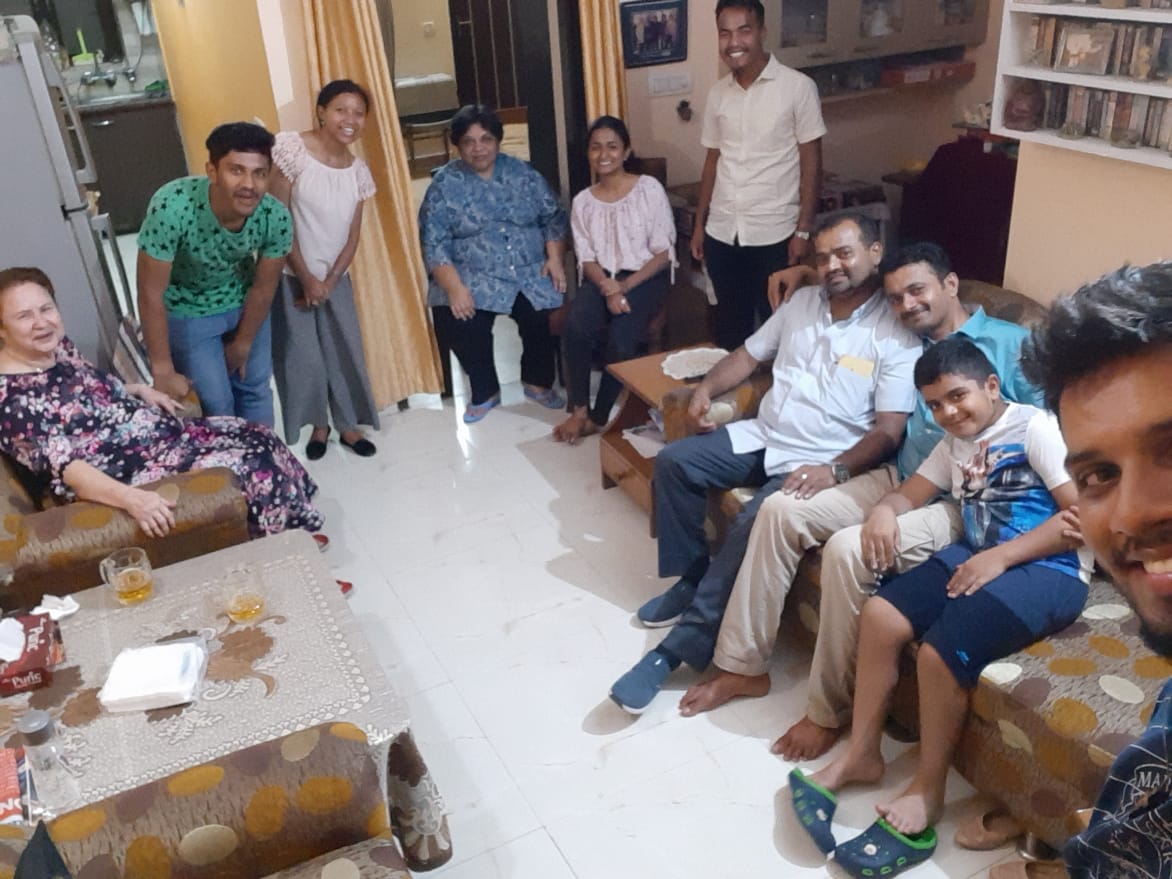
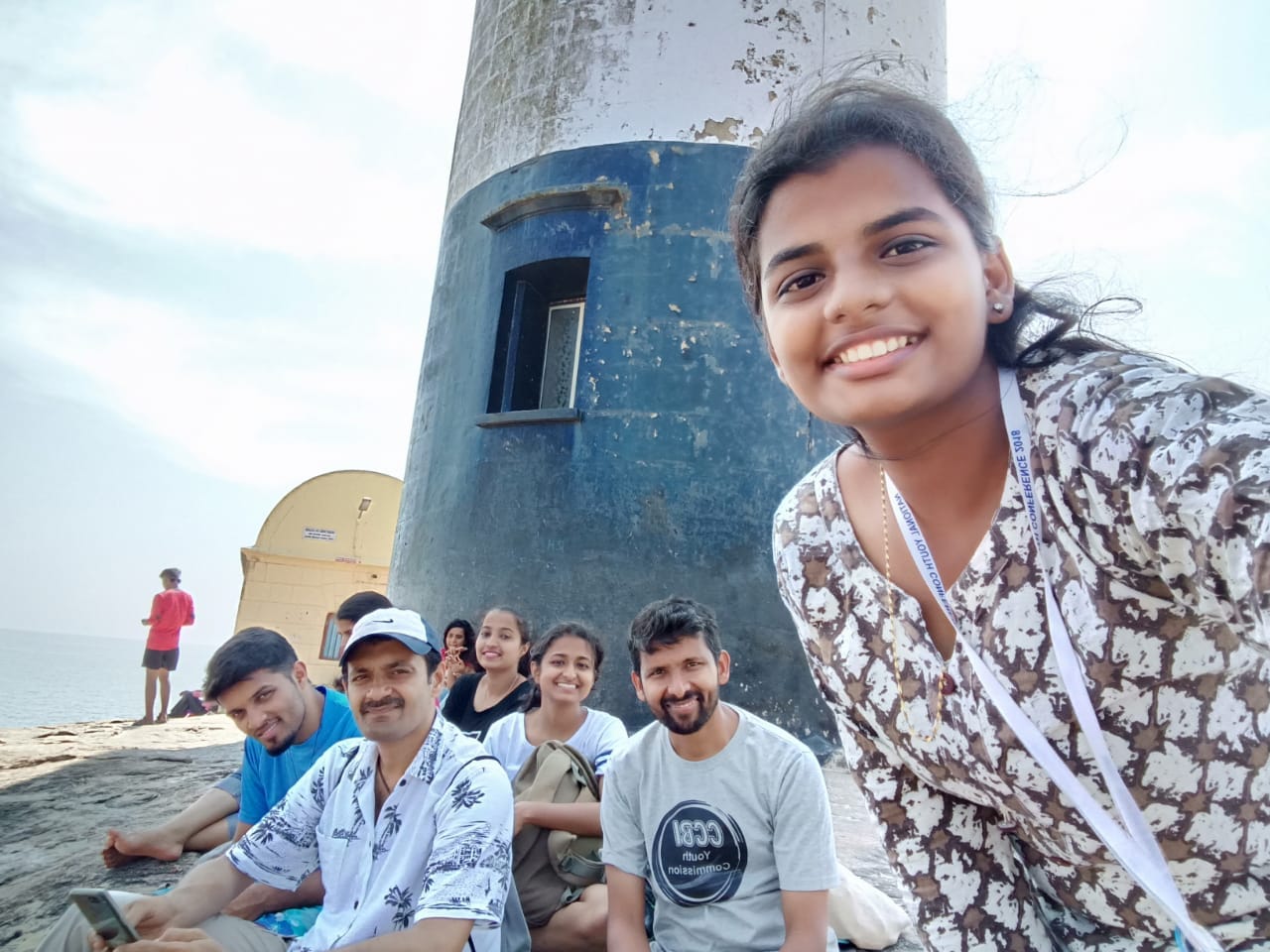
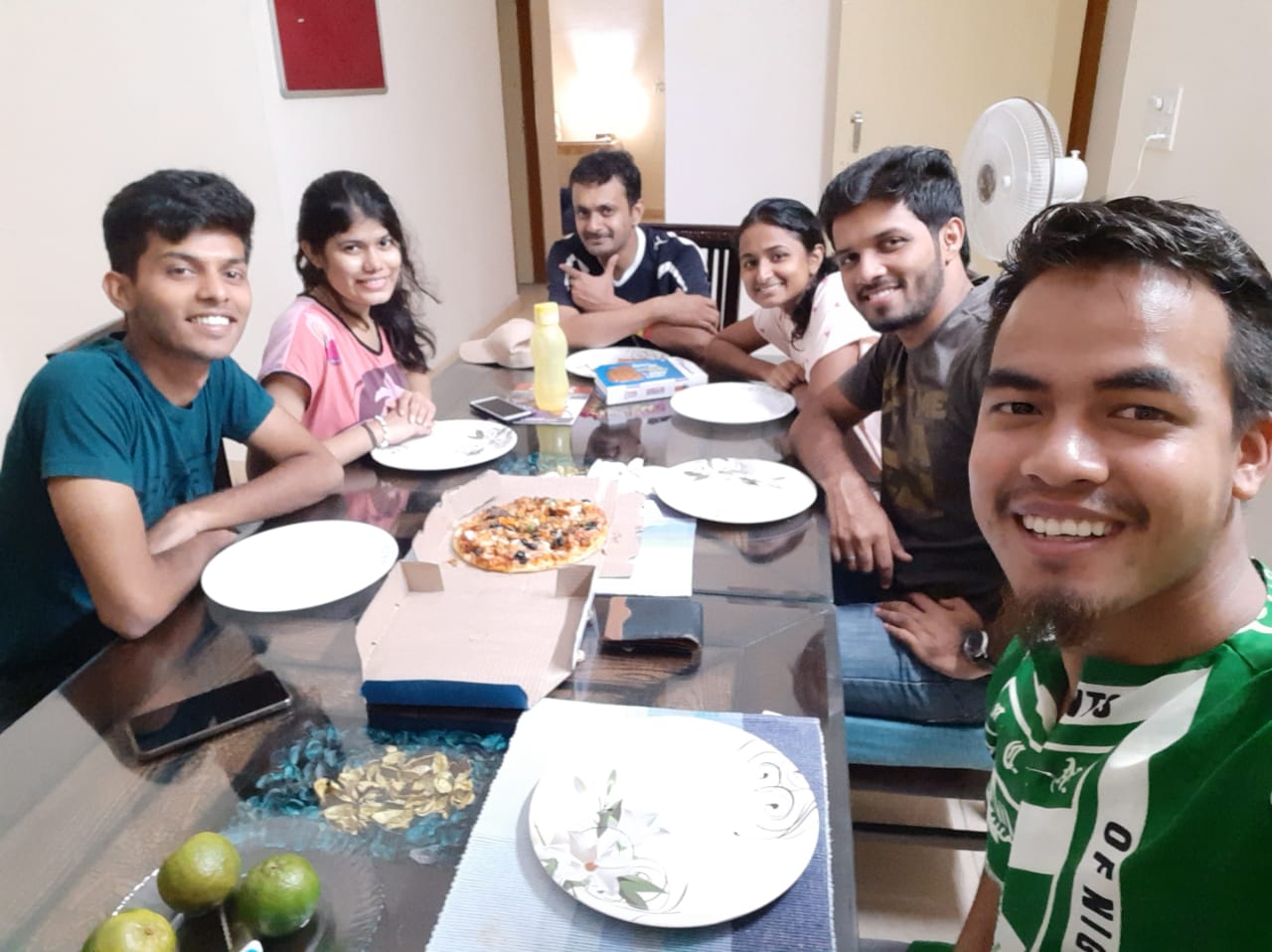
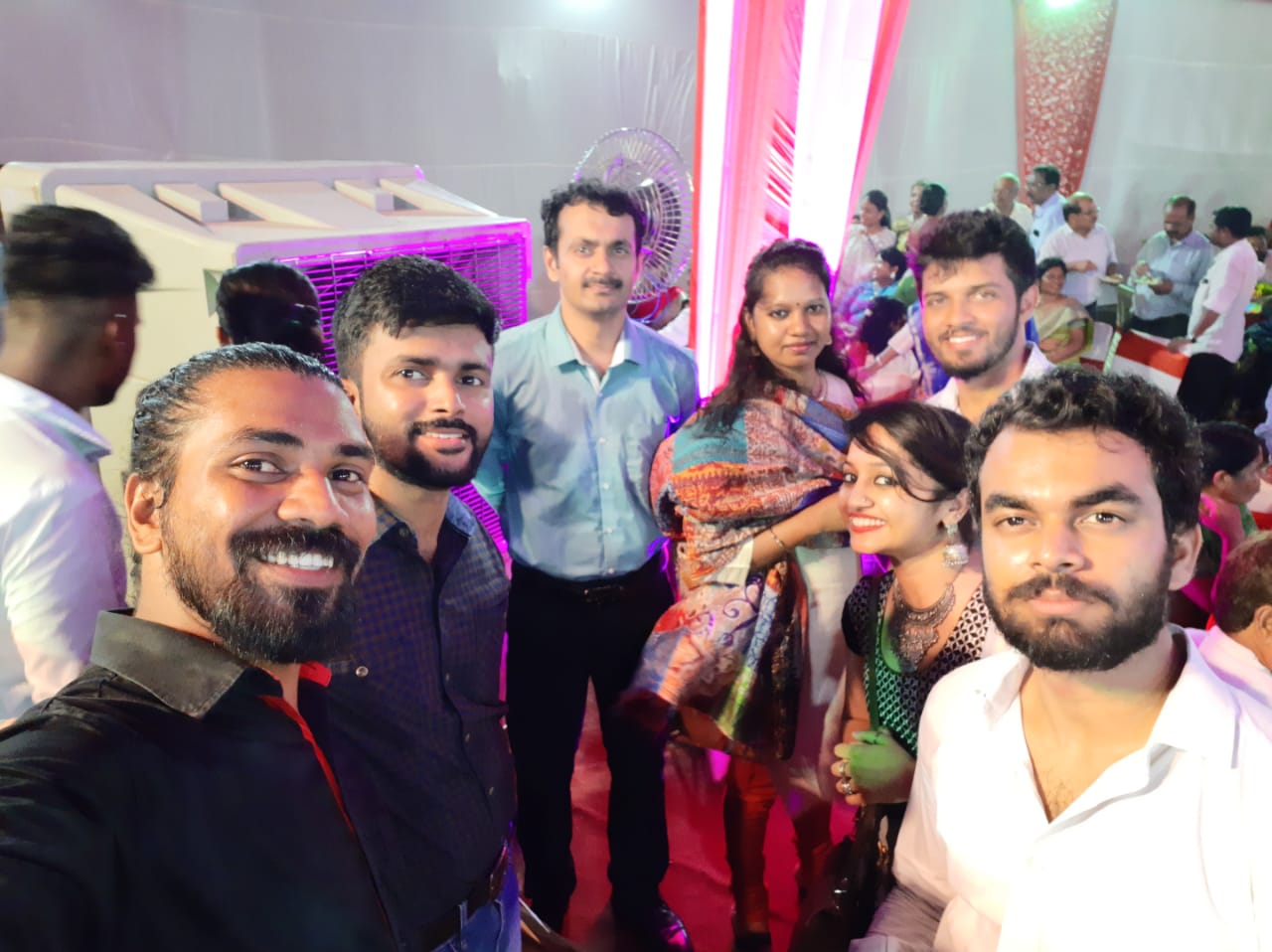

.png)










